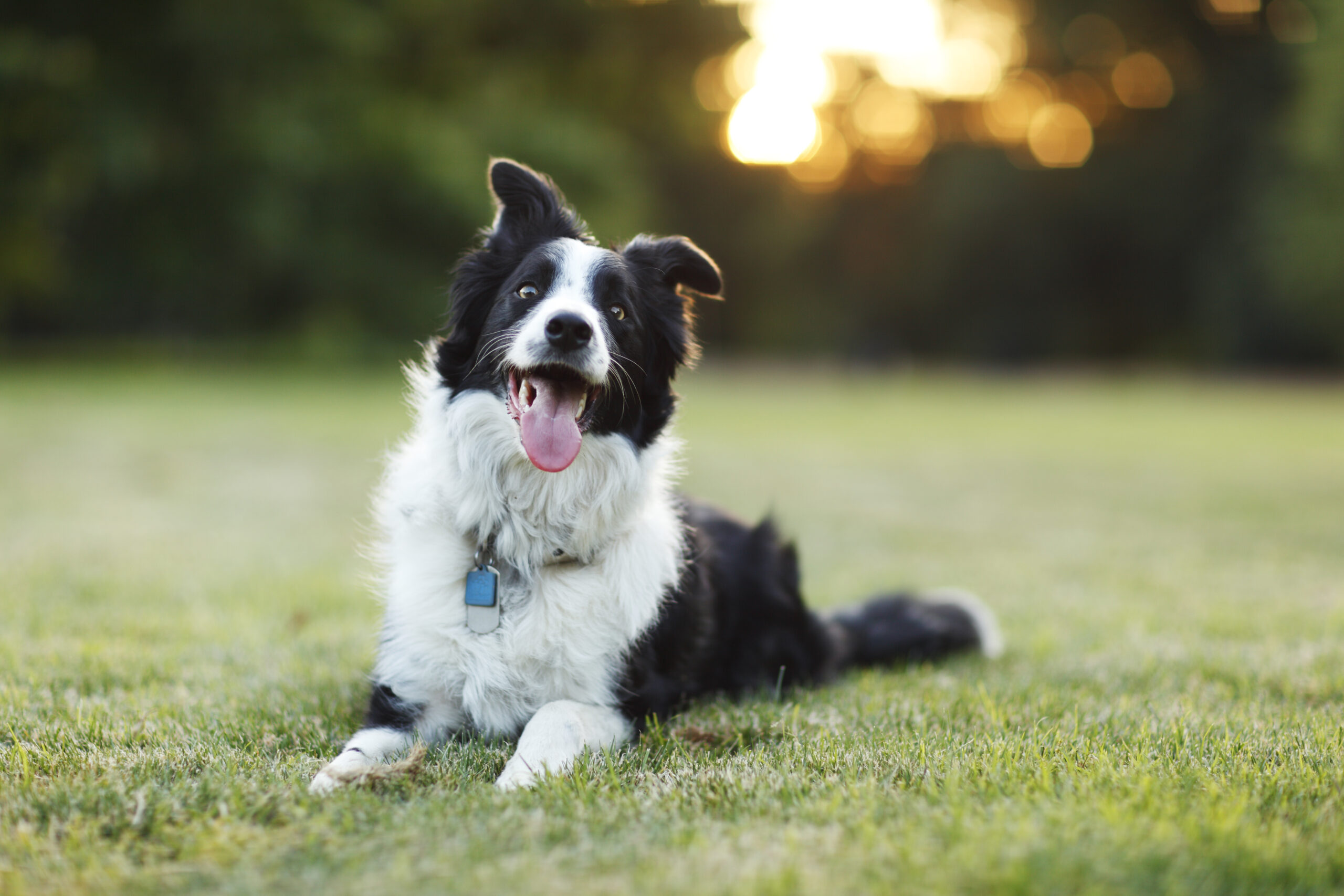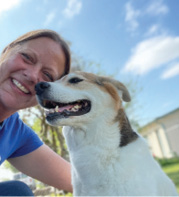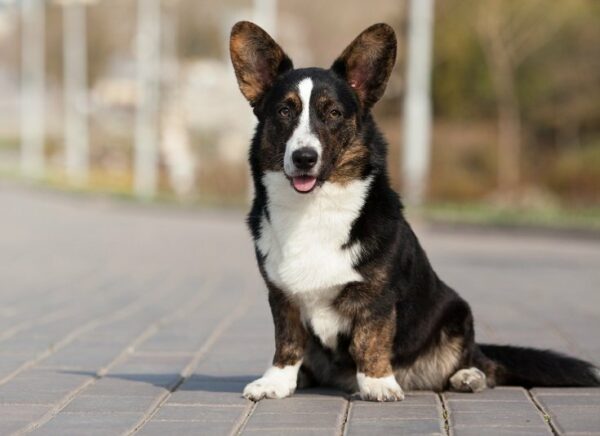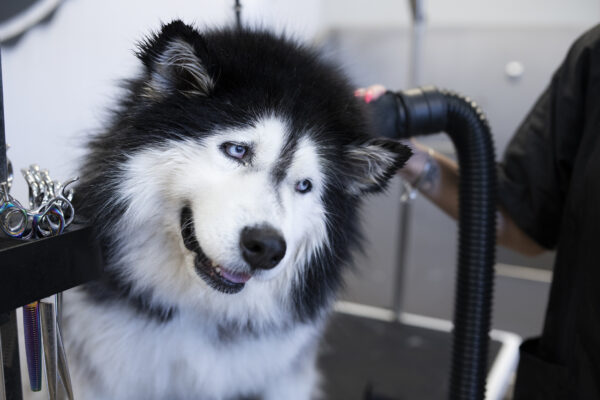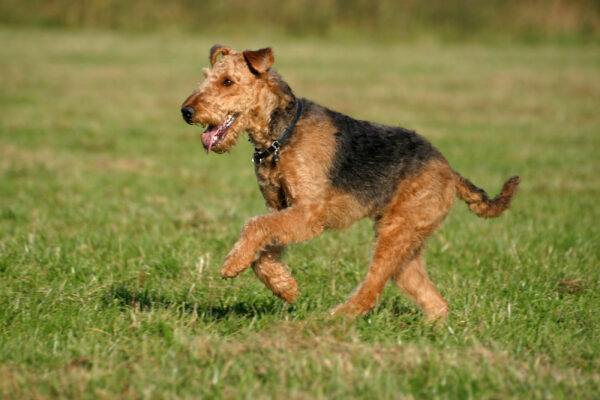Herding dog breeds are wicked smart and originally bred to round up and protect livestock. These high energy breeds will keep you on your toes In addition to herding livestock these breeds were bred for intelligence and working closely with humans.
The 12 Most Popular Herding Dogs
Some of the most popular pet herding breeds are:
- German Shepherd Dog
- Australian Shepherd
- Belgian Malinois
- Collie
- Old English Sheep Dog
- Bearded Collie
The most popular smallest herding dog breeds are:
- Shetland Sheep Dog (Sheltie)
- Miniature American Shepherd
- Australian Cattle Dog (Red or Blue Heeler)
- Border Collie
- Pembroke Welsh Corgi
- Cardigan Welsh Corgi
The American Kennel Club (AKC) currently recognizes 32 herding dog breeds in the Herding Group. The AKC organizes dogs into groups based on the jobs a particular breed was originally bred to perform. Initially part of the Working Dog group, a more specific grouping for herding breeds was created in 1983.
Herding dog behavior
Instinctually, herding dogs are driven to control livestock by gathering and protecting them, so these dogs flourish working on farms. Some herding breeds, such as the Shepherds and Belgian Malinois, flourish at protection work, such as Schutzhund, and various police work roles like narcotics detection and cadaver searches.
Key traits of herding dog breeds:
- high energy
- highly intelligent
- loyal
- athletic
- active
- protective
- fun to train
- industrious
- very responsive to their handlers
Training is a must for herding dogs, and they’ll need to go beyond basic obedience skills, especially since they tend to nip as part of their instinctual behaviors. You need to work to minimize this tendency from the outset. Bored herding dogs can often be a behavior challenge and may start to herd children or even adults without solid training and proper outlets for their instinctual drive. Also called stock dogs, they are sensitive to sound and especially movement, so they may chase wildlife and even cars; therefore, training and adequate and appropriate stimulation and engagement are key.
Since herding dogs’ needs are best met by giving them a job, they do best in an active family with time to devote to meeting their mental and physical needs. But even if your working dog doesn’t have a flock to tend to, he can still get his genius groove on with mental/physical activities you can try in your backyard or with a class/group.
The best activities for herding dog breeds:
- Agility
- Treibball (urban herding)
- Flyball
- Flirt pole
- Flying disc/ disc dog
- Trick training
- Nose work
- Canine free style
The American public came to love smart and family-oriented herding dogs like Lassie, the Collie and Rin Tin, the German Shepherd Dog. More recently we fell in love with Chaser, behavior psychologist John W. Pilley’s Border Collie, who knew over 1000 words! Today these brainy and spirited dogs are part of many families.
Herding dog breeds make great companions, but they’re not couch potatoes, spa day divas or walk-around-the-block dogs: herding dogs require a lot of mental stimulation and physical activity to thrive emotionally, physically and behaviorally. Herding is in their DNA, so finding your stock dog a job will keep you both active and happy for the long haul.

